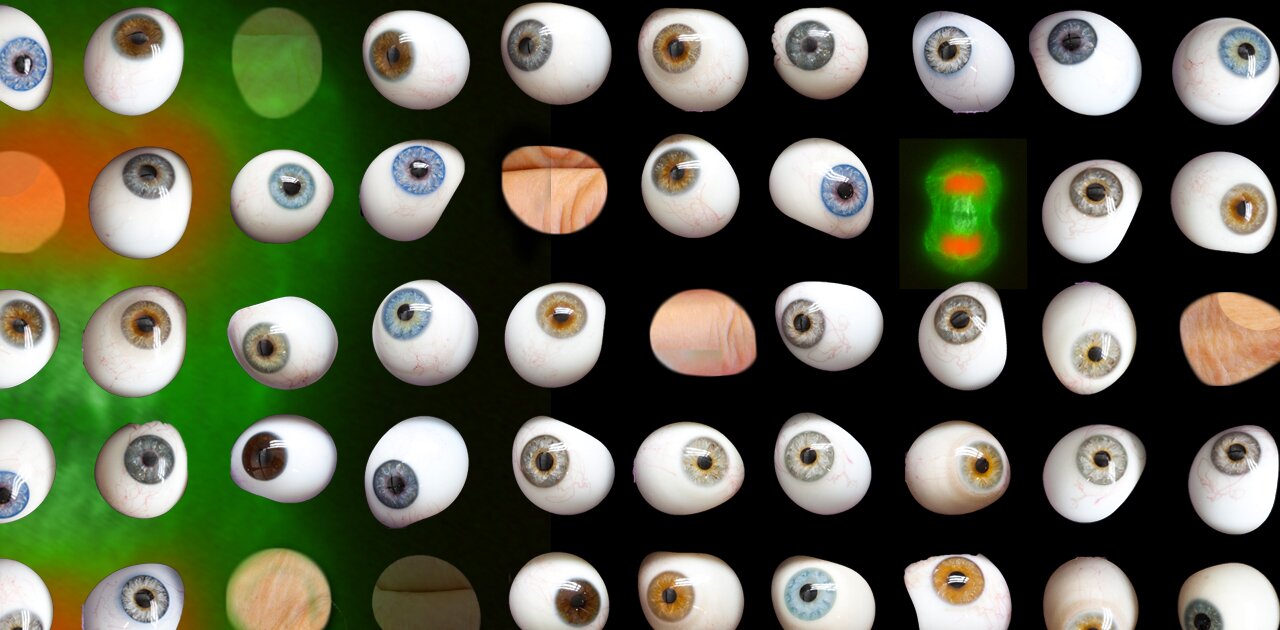Stem cells are in fact potentially us. A single cell has the ability to produce all of me, all my different tissues, the way in which I live and react to the world. A completely other me could be created from one of these very special, potent cells.
Not all cells are equal
Our body could be compared to a community of ants. Most of the cells in our body are working cells. They are created to do their work and after that, they die. They do not reproduce, they just work. Stem cells, on the other hand, are the queen ants. They are special cells that do not work, but replicate. The entire system would collapse in no time were it not for their ability to replace dying cells with new ones.
Stem power
Stem cells have the valuable power to produce new cells and repair the body. There is a hierarchy of stem cells. Multipotent stem cells – such as the ones found in blood - are able to produce only cells of their kind. Pluripotent stem cells are ones that can turn up in a great number of different stem cells before producing specialised cells. On top of this hierarchy are totipotent cells, primary cells that can give life to any other cell, or even an entire organism.
Where do we go from here?
Stem cells have opened the way to brand new approaches to healthcare. They could be used to generate healthy cells outside our body (e.g., growing skin tissue for burns surgery), or to replace faulty stem cells with healthy ones. Degenerative diseases such as muscular dystrophy and Parkinson’s disease are good candidates for this approach. But obstacles and ethical issues arise as research develops.
Pave the way
OPTISTEM is an EC funded initiative working to develop an ordered approach to stem cell research that will help to pave the way for next generations of research projects. The OPTISTEM project is coordinated by Professor Giulio Cossu, who has brought together 18 institutes from six European countries collaborating to combine basic research on stem cells with pre-clinical work and clinical trials. The final aim is to develop treatments for degenerative diseases affecting the skin and the eye’s surface.
European network
As with research studies on stem cells - accredited by the scientific community - Optistem is member of the EuroStemCell network, an initiative uniting more than 90 European institutes for regenerative medicine and stem cell research.
Read more about Professor Cossu and OPTISTEM on the project page on www.HorizonHealth.eu.



Add new comment